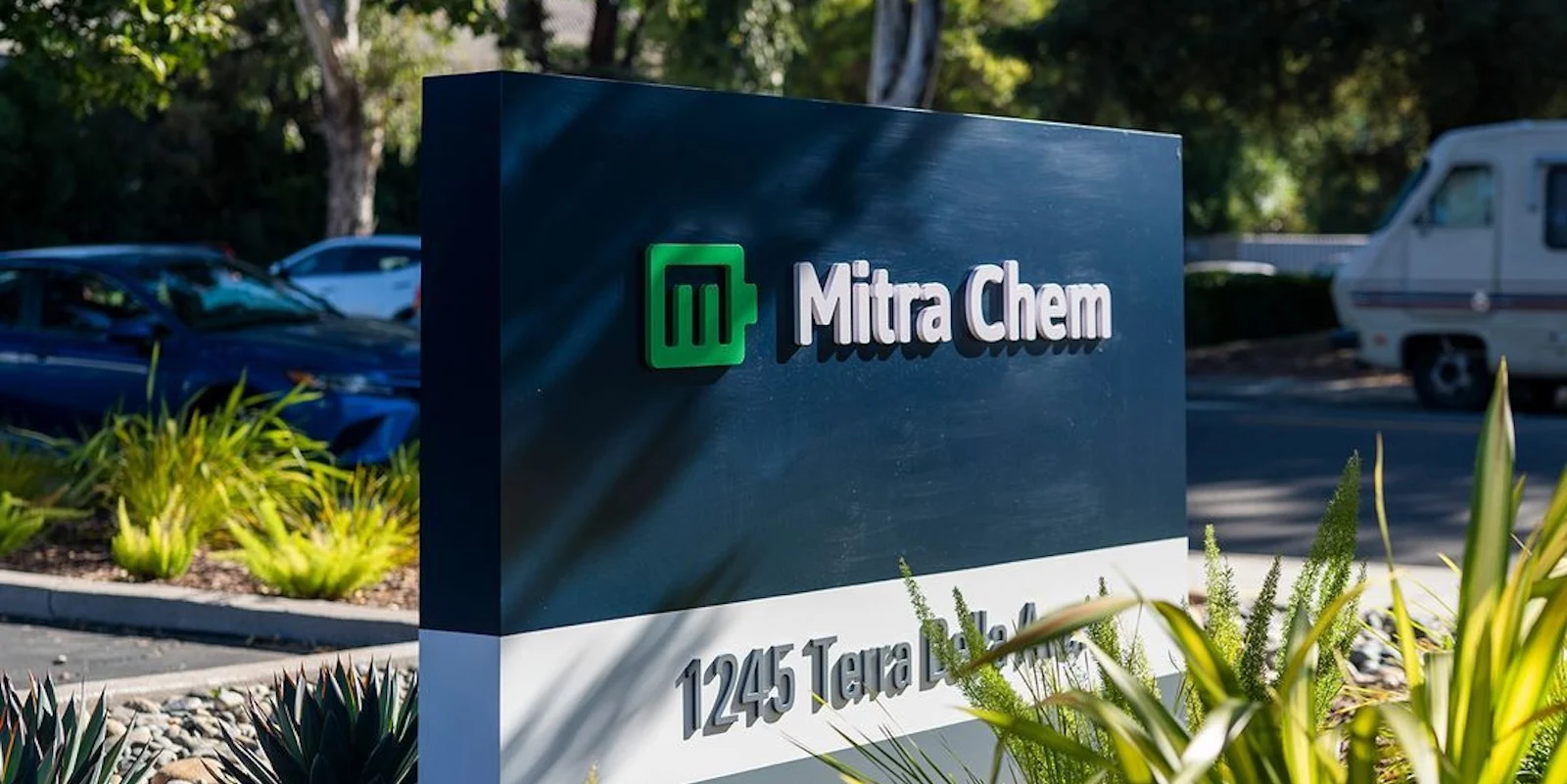 |
| China Tariffs |
New tariffs on lithium, rare earth magnets, and more could affect China's metal exports to the US.
The United States has announced significant new tariffs on Chinese imports, with a notable focus on metals. While many non-ferrous metals and ferro-alloys have been exempted, some crucial exports from China, like lithium, rare earth magnets, and lithium-ion batteries, will face substantial increases in tariff rates. These changes are set to have a lasting impact on the trade between the US and China, especially in the energy storage and electric vehicle (EV) sectors.
High Tariffs on Lithium-Ion Batteries and Energy Storage
As of April 9, the US will implement an 82.4% tariff on electric vehicle (EV) power batteries and a 57.4% tariff on non-EV lithium-ion batteries from China. This substantial hike in tariffs will make Chinese-made batteries far more expensive and may eliminate the possibility of Chinese EV power batteries entering the US market. US consumers will likely absorb these costs, potentially leading to inflation in the US battery industry, especially in the energy storage sector.
China’s lithium-ion battery exports to the US had already been on the rise, with a 59% increase in exports during the first two months of the year. However, these new tariffs are expected to curb the growth of China's battery exports to the US and negatively affect lithium feedstock prices, which are currently at a four-year low.
Impact on Rare Earth Magnets
Rare earth magnets are another key area of concern, as these products were not exempted from the new tariffs. Despite some uncertainty about the exact tariff implementation, producers in China are anxious about the potential 54% tariff on rare earth magnets. China remains the dominant supplier of rare earth magnets globally, and while the US does have some alternatives, they are mostly focused on military applications with significantly higher prices. This makes it unlikely that the US can fully escape its dependence on China, especially for civilian applications.
China’s exports of rare earth magnets to the US in 2022 accounted for 12% of its total exports, and while tariffs could reduce this figure, China’s competitive pricing in the civil sector ensures its continued dominance in the global market.
Copper, Aluminium, and Hafnium: Other Affected Metals
While copper and aluminium are exempt from this latest round of tariffs, the copper industry remains on edge. US authorities are investigating the potential security implications of copper imports, and there’s speculation that a tariff may be imposed in the future. As for aluminium, Chinese exports are already subject to a steep 70% tariff, which is expected to discourage further aluminium exports to the US, pushing Chinese suppliers to seek alternative markets.
Hafnium, a critical metal used in aerospace applications, will also face a significant tariff hike, moving from 34% to 79%. This change could prompt US buyers to source hafnium from other regions, like Rotterdam, where the tariff is considerably lower.
Conclusion
The new US tariffs on Chinese metals exports are set to reshape the global metals market, particularly for lithium-ion batteries, rare earth magnets, and hafnium. While some sectors, like copper and aluminium, may have avoided immediate tariff hikes, long-term implications for the industry remain uncertain. The tariff increase on key metal exports from China to the US is expected to alter supply chains and increase costs for US consumers, especially in the EV and energy storage markets.
































 We publish to analyze metals and the economy to ensure our progress and success in fierce competition.
We publish to analyze metals and the economy to ensure our progress and success in fierce competition.